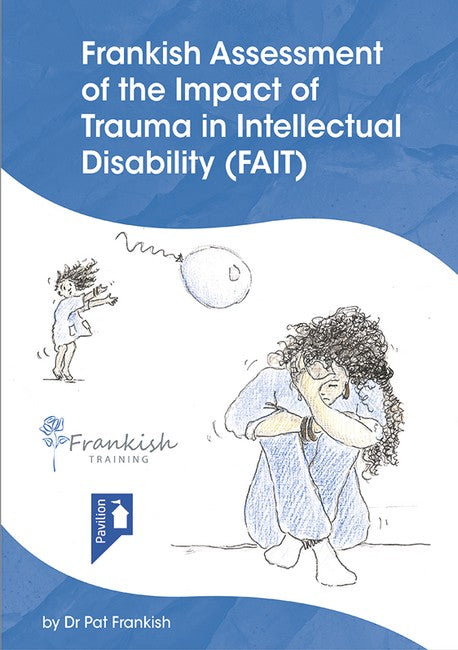Description
Introduction Section 1: Psychological Birth - The Work of Margaret Mahler and the Development of the FAIT Tool Overview of Mahler's stages of development The role of the primary carers in this process When things go wrong How this relates to people with learning disabilities Behavioural observation Designing interventions Interventions based on the findings Section 2: The FAIT - An Assessment Tool for Those Supporting People With Intellectual Disabilities Who can use the tool? Summary of the stages Using the tool Scoring the data Taking part in the development of the tool Templates: Observation sheets and examples Appendix: Measuring the Emotional Development of Intellectually Disabled Adults
Pat Frankish is a clinical psychologist with many years of experience in the field of disability and psychotherapy. Her early life was spent living in the grounds of a long-stay hospital where her parents worked. Even as a child she knew that things could be better for the people she knew. After later working in the hospital and meeting a clinical psychologist, she secured a university place and then went on to train as a clinical psychologist. During her training she also followed a course of study in psychodynamic psychotherapy. Her career has followed a path of bringing these two areas together. Pat continues to develop and provide services and training for staff who support people with complex needs, the group who have trauma in their background and arrested or delayed emotional development as a response.

